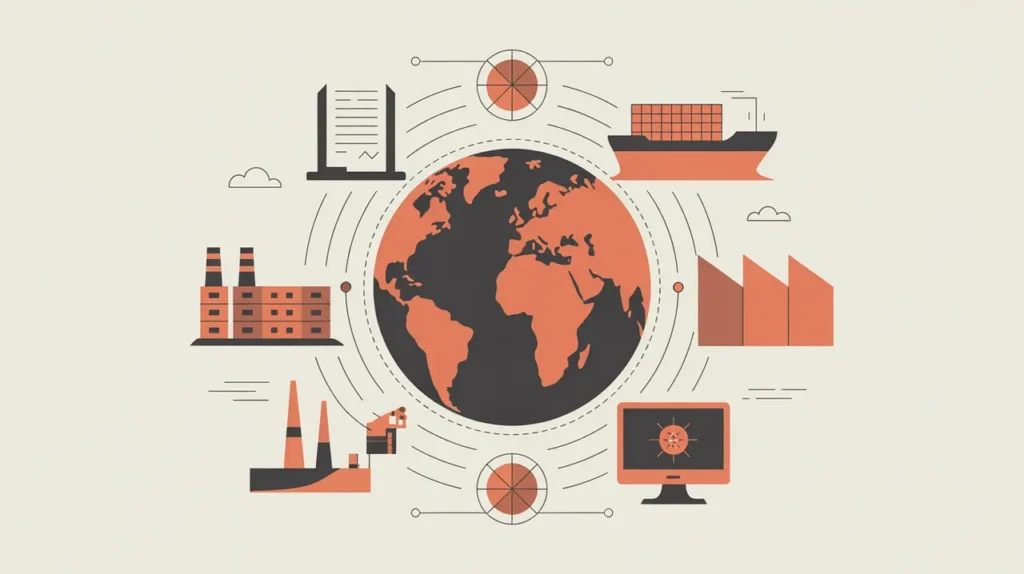Importance of Social Goods
Social goods are important because they represent resources, services, and conditions that benefit society as a whole rather than individuals alone. They underpin collective wellbeing, such as public health, education, safety, and environmental protection. For nonprofits and social innovators, social goods matter because they provide the foundation for equity, inclusion, and sustainable development. Strengthening access to social goods helps reduce disparities and ensures that communities can thrive regardless of income or status.
Definition and Features
Social goods refer to resources and services that produce broad social value and are often non-excludable or non-rivalrous. Their defining features include:
- Collective Benefit – they serve entire communities, not just individuals.
- Public Access – often provided or regulated by governments or nonprofits to ensure equity.
- Foundational Role – essential for wellbeing, prosperity, and social advantage.
- Interdependence – linked to multiple sectors such as health, education, infrastructure, and environment.
- Market Gaps – often underprovided by markets due to low profitability.
How this Works in Practice
In practice, social goods include clean water, sanitation, education systems, universal healthcare, public safety, and green spaces. For example, vaccination programs provide protection not only to individuals but to entire communities through herd immunity. Governments often finance social goods through taxation, while nonprofits and social enterprises supplement access where gaps exist. Barriers include insufficient funding, inequitable distribution, and challenges of governance and accountability in ensuring universal coverage.
Implications for Social Innovation
For social innovation, social goods highlight the importance of designing solutions that maximize collective benefit. Innovations such as community health worker networks, open-source education platforms, and cooperative utilities expand access to goods that markets fail to provide adequately. Social innovators must often blend technology, policy, and participatory approaches to ensure these goods reach marginalized populations. By focusing on social goods, innovators align their work with the broader goal of advancing equity, sustainability, and inclusive development.







